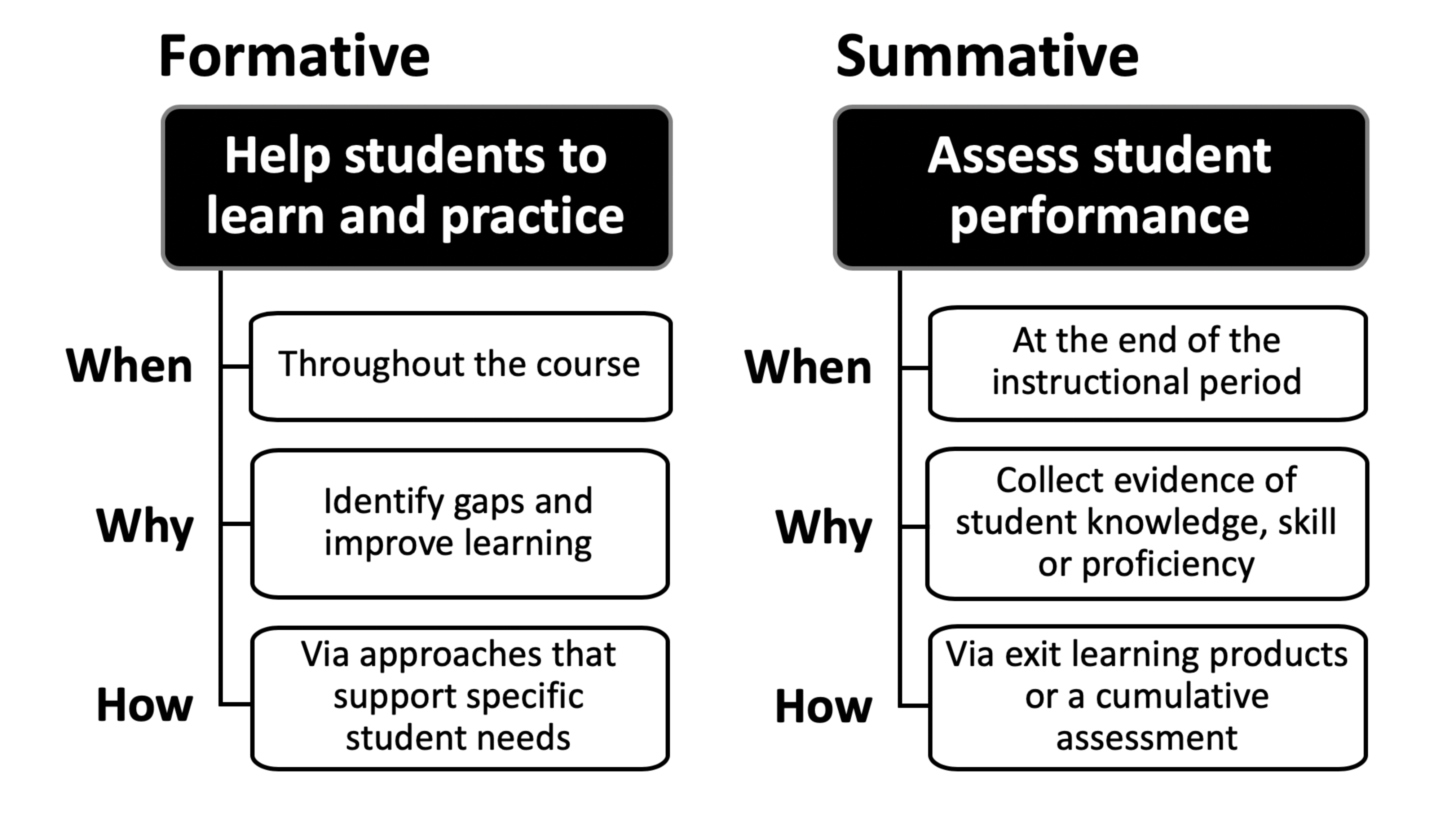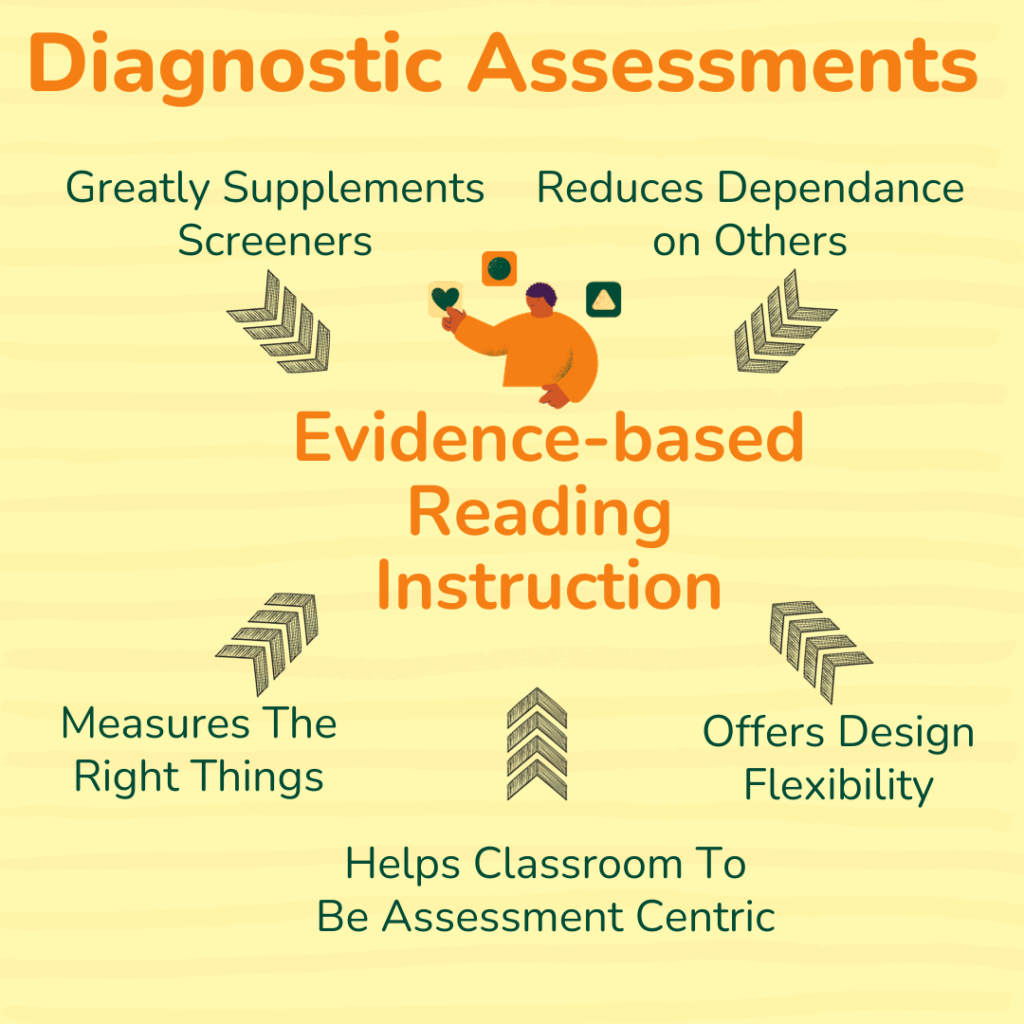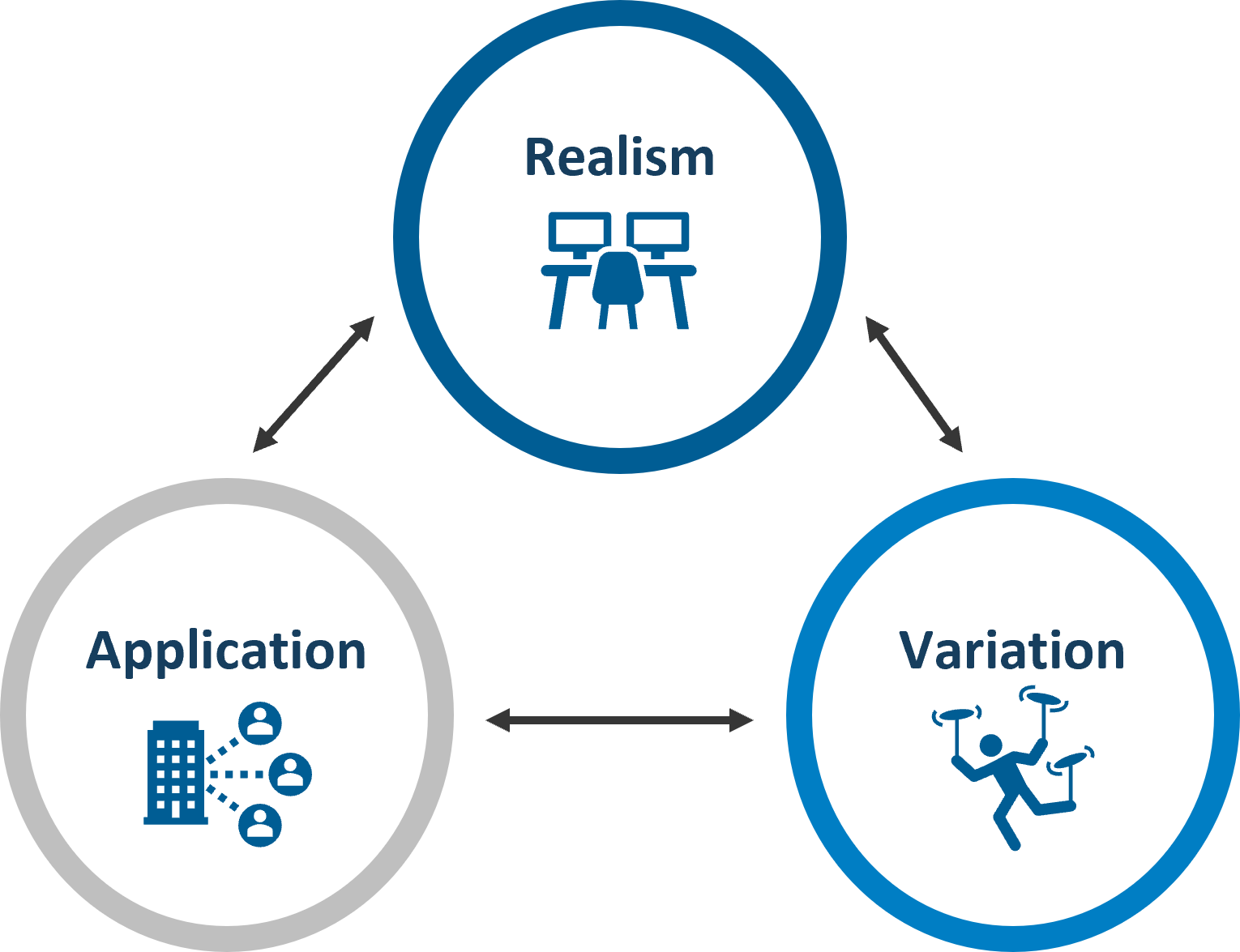
Mastering English: A Guide to 7 Types of Assessments
Assessments in teaching English are like little checkpoints that help us see how well we’re doing in learning the language. They are like friendly tools that teachers use to figure out what we understand and where we might need a bit more help. In simple terms, different types of assessments are the ways we check how good we are at using English words and phrases.

Why Assessments matter in teaching and learning English
Different types of assessments, which are like little checkups for your English skills, play a big role in helping you learn better. Imagine them as friendly helpers showing you where you’re doing well and where you can get even better at English.
These types of assessments are like magic mirrors for your language journey. They reflect how much you’ve learned, just like a progress report. When teachers use assessments, it’s like they’re saying, “Hey, you’re doing great here, and here’s where you can shine even more!”
So, in simple words, assessments are like your language buddies, making sure you’re on the right path and cheering you on as you become a language superstar. They make learning English a fun adventure with clear road signs to success!
Want to be trained to teach? Visit: Train to Teach: TYLEC Courses
7 types of assessments in teaching and learning English

1. Formative Assessments: One of types of assessments for Checking and Growing Together
What They Are:
- Formative assessments are like friendly check-ins during your English learning journey. They help teachers and you see how well you’re doing along the way.
How They Look:
- Imagine quick quizzes, discussions, or even games. These are all examples of formative assessments that make learning English fun and interactive.
Why This Matter:
- Formative assessments are like teamwork. They help teachers keep an eye on your progress and give you feedback to improve. It’s like having a language coach cheering you on!

2. Summative Assessments: The Big Picture Check
What They Are:
- Summative assessments are like looking at the big picture of your English learning. They happen after you’ve learned a bunch of things to see how much you’ve grown.
How They Look:
- Big tests, projects, or end-of-term assignments are examples. They show what you’ve learned over a period.
Why They Matter:
- Summative assessments tell everyone, including you and your teacher, how well you’ve mastered English overall. It’s like showing off all the cool language skills you’ve collected!
3. Diagnostic Assessments: One of types of assessments for Finding Your English Superpowers
What They Are:
- Diagnostic assessments are like discovering your language superpowers. They help teachers understand what you’re awesome at and where you might need a bit more practice.

How They Look:
- Simple quizzes or tasks that uncover your strengths and areas to work on. It’s like a guide for your English learning adventure!
Why They Matter:
- Diagnostic assessments help teachers personalize your learning. They find out what you’re good at and tailor lessons to make your English skills even stronger.
4. Authentic Assessments: Real-Life English Adventures
What They Are:
- Authentic assessments are like real-life English adventures. They ask you to use English skills in ways you might actually use them outside the classroom.
How They Look:
- Imagine creating a travel blog or writing a letter to a friend. These are examples of authentic assessments that connect English to your everyday life.

Why They Matter:
- Authentic assessments make learning English practical. They show you how to use English in the real world, making it more exciting and meaningful.
5. Performance-based Assessments: One of types of assessments for Showcasing Your English Talents
What They Are:
- Performance-based assessments are like talent shows for your English skills. They let you demonstrate what you can do in a hands-on way.

How They Look:
- Think of a play, a presentation, or creating a short video. These are examples of performance-based assessments where you get to shine.
Why They Matter:
- Performance-based assessments let you showcase your talents. They’re not just about what you know but about how you can use your English skills in cool and creative ways.
See also:
Understanding Criminal Record Certificate in Vietnam: A Guide for Job Seekers
A-Z Learning Vietnamese Handbook
6. Alternative Assessments: More Ways to Show What You Know
What They Are:
- Alternative assessments are like having extra options to show what you’ve learned. They go beyond traditional tests and let you express yourself in different ways.
How They Look:
- Creating a poster, doing a project, or even having a class discussion. These are alternative assessments that let you choose how you want to demonstrate your English knowledge.
Why They Matter:
- Alternative assessments respect different learning styles. They make sure everyone has a chance to shine and show what they know in a way that feels right for them.
7. Technology-Enhanced Assessments: Fun with Digital Tools
What They Are:
- Technology-enhanced assessments are like using cool gadgets to check your English skills. They bring in digital tools to make assessments more engaging.

How They Look:
- Taking quizzes online, creating digital presentations, or using language learning apps. These are examples of tech-enhanced assessments that make learning English a bit like an adventure.
Why They Matter:
- Technology-enhanced assessments make learning English fun and modern. They use tools you enjoy, helping you engage with the language in ways that feel exciting and familiar.
Best practice for different types of assessments
Making sure we understand English well is important. Here are some good ways to create different types of assessments to check how we’re doing and to help us get better:
Know What You Want to Check:
- Be clear about what you want to test. Whether it’s words, grammar, or talking skills, having clear goals helps us focus on getting better.
Check If It Matches Your Learning or Teaching Goals:
- Make sure the types of assessments matches what you were supposed to teach or learn. This way, what’s tested is what we were supposed to get good at.
Try Different Types of Assessments:
- Use different ways to check. Besides regular types of assessments, try projects, talking in class, or group discussions. This helps us show what we know in different ways.
Make Types of Assessments Fair for Everyone:
- Be fair and don’t favor one group over another. Types of assessments should not make some people feel more comfortable than others. It’s about giving everyone a fair chance.
Tell Us Clearly What to Do:
- Give clear instructions. If instructions are confusing, it can make us worried and not do our best. Clear instructions help us focus.
Get Feedback That Helps:
- Get feedback that helps us improve. Feedback should not just talk about mistakes but also show how we can get better. It’s like advice to become even better.
Use Real-life Situations For Different Types of Assessments:
- Imagine real-life situations in tests. This makes types of assessments more like how we use English every day. It makes English learning more interesting and useful.
Include Everyone:
- Be fair to everyone. Think about everyone’s backgrounds and experiences. Types of assessments should not be harder for some because of things not related to English.
Check Often to See Progress:
- Check how we’re doing often. Tests should not happen only once. Regular types of assessments help us see where we need to improve and what we’re doing well.
Teach Those Who Check Us:
- Teach those who check us. Make sure they know how to do it well. Learning from them helps us improve.
